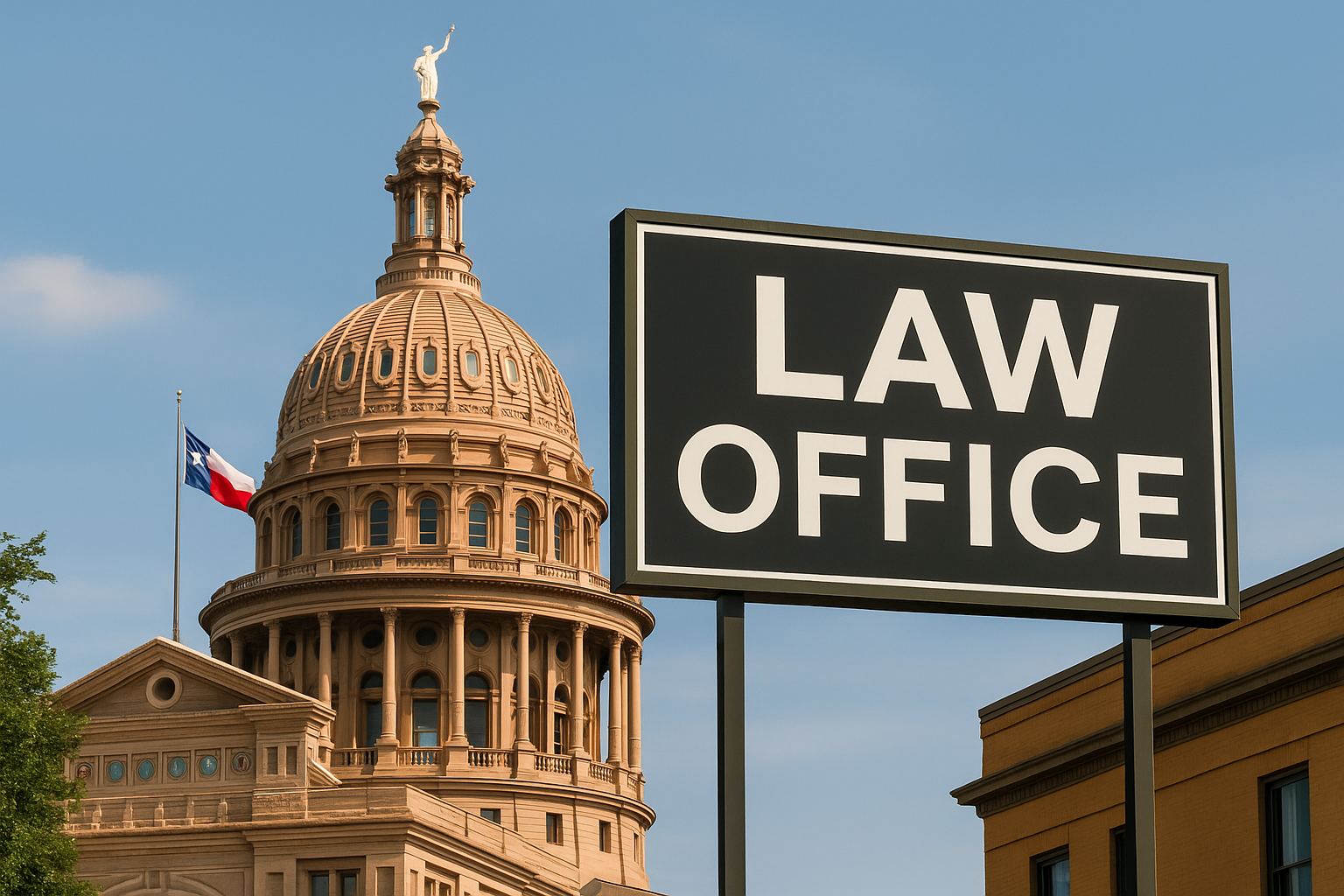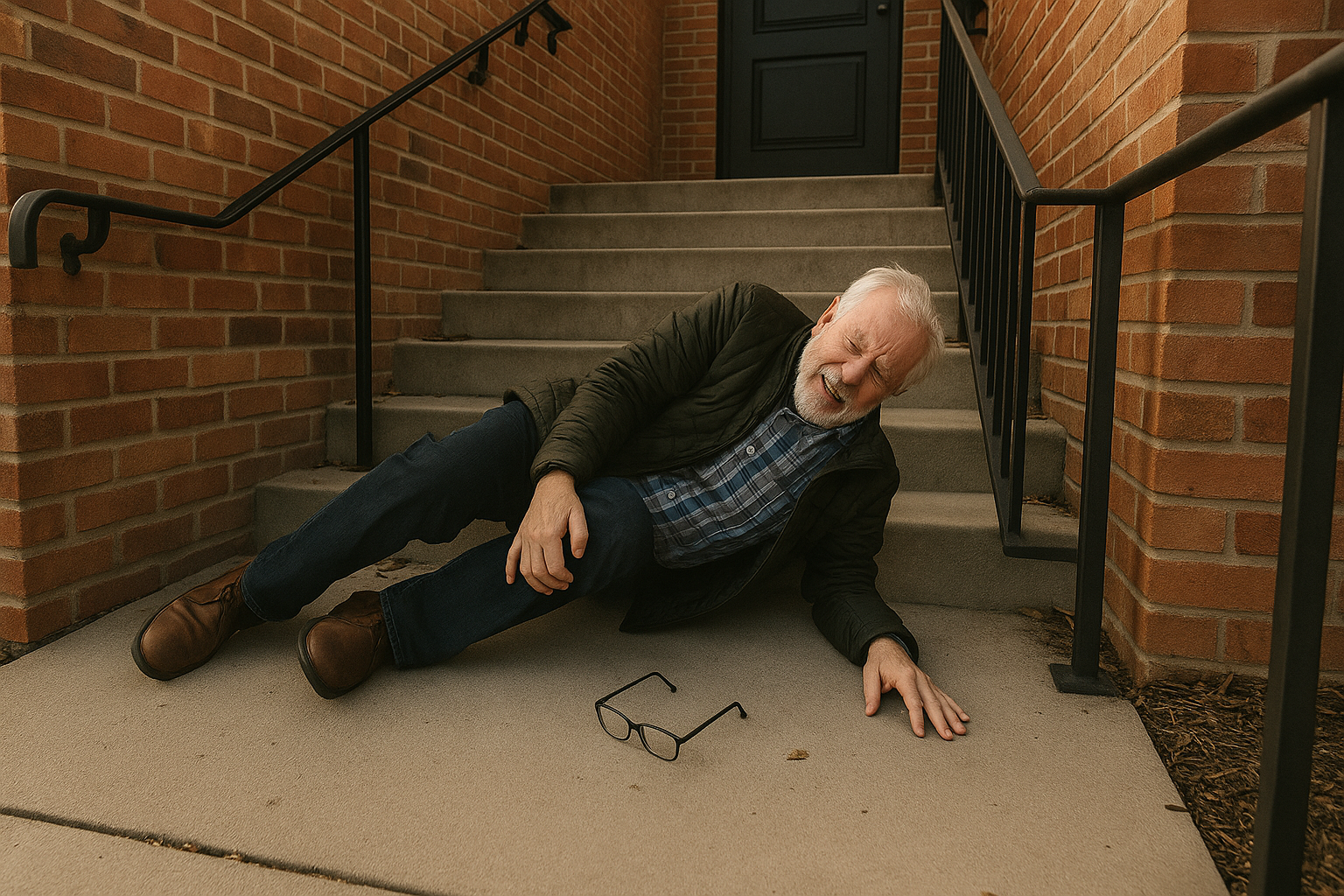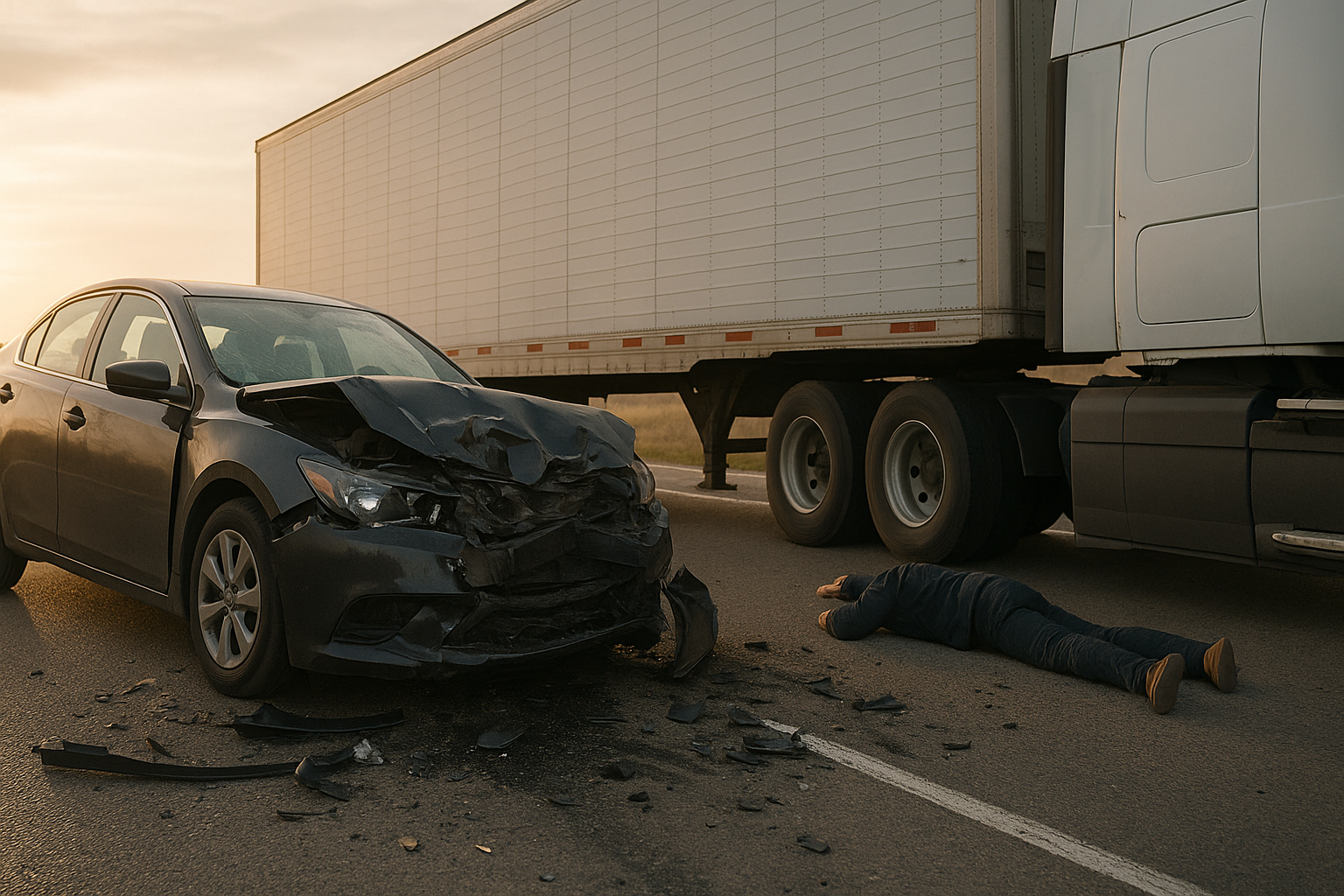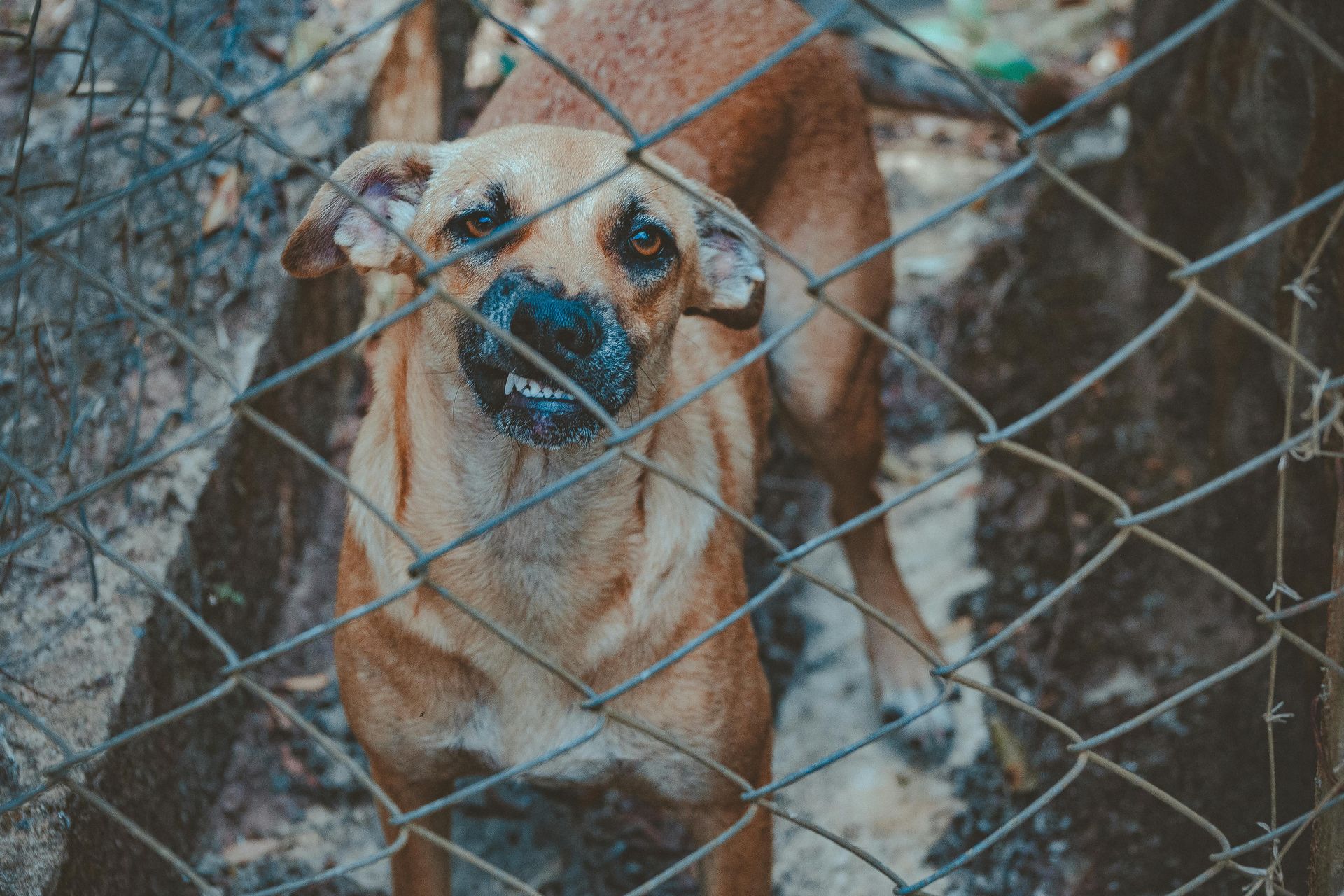Catastrophic Injuries in San Antonio - What Victims Need to Know About Their Rights and Recovery
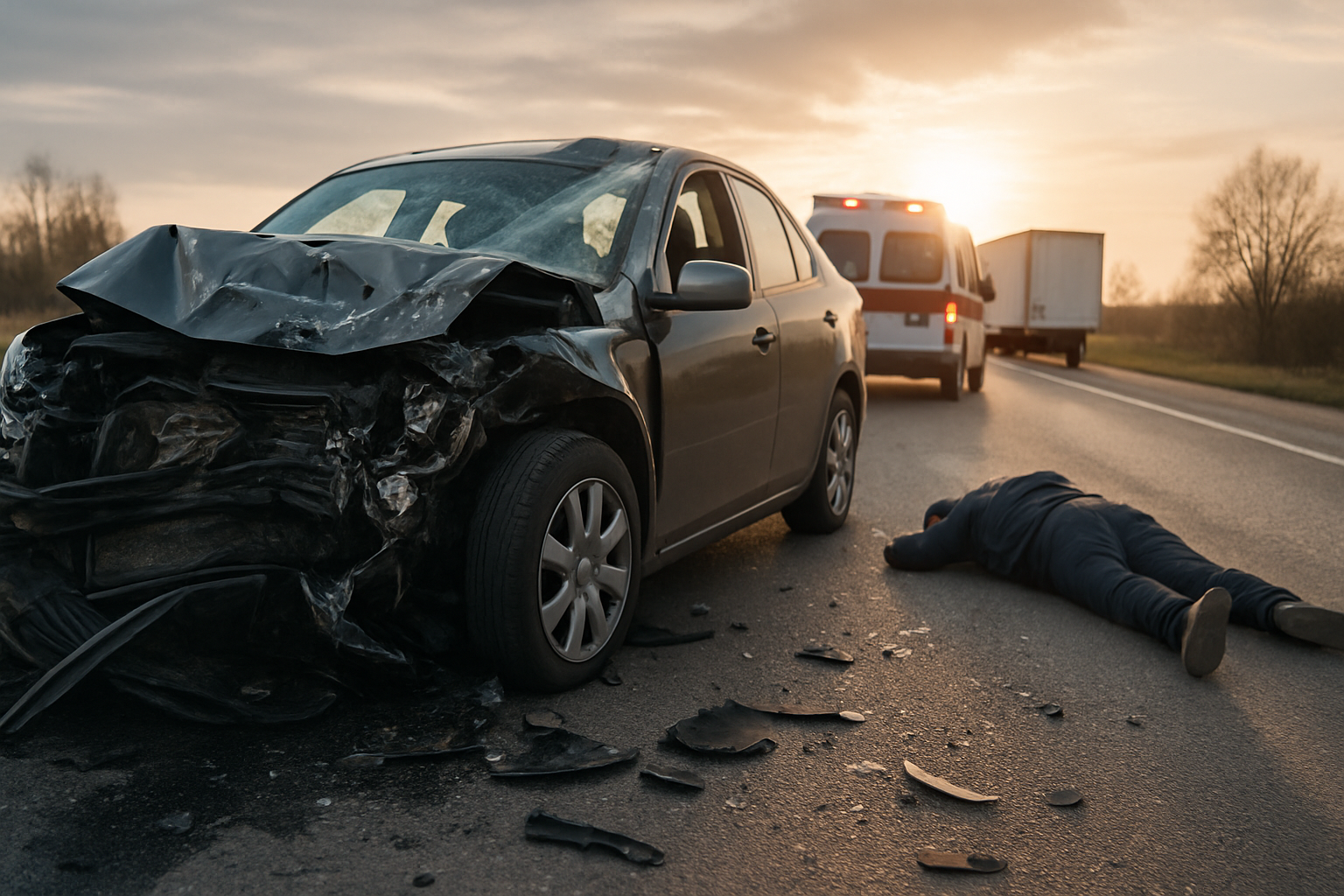
Catastrophic Injuries in San Antonio: What Victims Need to Know About Their Rights and Recovery
Some injuries change your life forever. Catastrophic injuries—such as spinal cord damage, traumatic brain injuries, amputations, or severe burns—don’t just require extensive medical care; they demand long-term legal and financial support.
If you or a loved one has suffered a catastrophic injury due to someone else’s negligence in San Antonio, it’s critical to act quickly to protect your future. This guide will help you understand your legal options, what steps to take, and how AHD LAW can help secure the compensation you deserve.
🧭 What Qualifies as a Catastrophic Injury?
In Texas, a catastrophic injury is often defined as one that causes:
- Permanent disability or disfigurement;
- Loss of ability to work or live independently;
- Prolonged or lifetime medical care; or
- Death
Common types include:
- Traumatic brain injuries (TBI)
- Spinal cord injuries (paralysis, quadriplegia)
- Loss of limb (amputation)
- Severe burn injuries
- Organ damage
- Vision or hearing loss
- Multiple broken bones or crush injuries
These injuries typically stem from serious incidents such as:
- Car and 18-wheeler accidents;
- Workplace accidents;
- Falls from heights;
- Defective products or machinery; or
- Medical malpractice
Types of Compensation You May Be Entitled To
Victims and their families of catastrophic injuries can seek compensation for a wide range of damages, including both economic and non-economic. Understanding these categories is essential for securing a comprehensive settlement or verdict.
Economic Damages: These are quantifiable financial losses resulting from the injury.- Medical Expenses: This includes past, present, and future medical care, such as emergency room visits, surgeries, hospital stays, medication, doctor appointments, rehabilitation (physical, occupational, and speech therapy), specialized equipment (wheelchairs, prosthetics), and long-term nursing care.
- Lost Wages and Earning Capacity: Compensation for income lost due to the inability to work after the injury, as well as the projected loss of future income and benefits if the injury prevents the victim from returning to their previous profession or working at all.
- Home and Vehicle Modifications: Costs associated with adapting homes (e.g., ramps, wider doorways, accessible bathrooms) and vehicles (e.g., hand controls, wheelchair lifts) to accommodate new physical limitations.
- Assistive Care: Expenses for in-home care, personal attendants, or specialized assistance needed for daily living activities.
- Rehabilitation Costs: Ongoing costs for therapy, counseling, and other services aimed at improving the victim's physical and mental well-being and independence.
- Non-Economic Damages: These are subjective, non-monetary losses that affect the victim and the family’s quality of life.
- Pain and Suffering: Compensation for physical pain, discomfort, and emotional distress caused by the injury and its aftermath.
- Emotional Distress: Damages for psychological trauma, anxiety, depression, fear, and PTSD resulting from the incident and injury.
- Loss of Enjoyment of Life: Compensation for the inability to participate in hobbies, recreational activities, and daily routines that were once enjoyed.
- Loss of Consortium: In cases where the injury severely impacts marital or family relationships, a spouse or family members may seek compensation for the loss of companionship, affection, and support.
- Disfigurement: Compensation for permanent scarring, limb loss, or other physical alterations that impact appearance and self-esteem.
📋 Immediate Steps to Take After a Catastrophic Injury
1. Seek Emergency Medical Attention
Whether it’s from a car crash, fall, or work injury, call 911 and prioritize emergency care. Catastrophic injuries require rapid diagnosis and treatment to prevent worsening conditions.
2. Document the Incident and Evidence
If possible (or if a loved one can assist), collect:
- Photos of the accident scene and injuries;
- Witness contact info;
- Medical records from ER visits and specialists; and
- A timeline of treatments, symptoms, and recovery progress.
3. Do Not Sign Anything From Insurance Companies Or The At Fault Party
Insurance companies and sometimes the at fault party may approach victims and their families with early settlement offers that severely undervalue long-term needs. Do not accept or sign anything without consulting a lawyer.
👨⚖️ How AHD LAW Supports Catastrophic Injury Victims & Their Families
At AHD LAW, we understand that catastrophic injuries impact every part of your life. That’s why from the very first meeting our office is immediately working on investigating the at-fault parties who may be liable for your injuries, hiring the right experts to properly tell your story, and constantly updating you and your family with case updates. At AHD LAW, we understand that catastrophic injuries impact every part of your life. That’s why we handle your legal case with:
- Aggressive investigation to uncover every liable party
- Medical expert testimony to project lifetime needs
- Negotiation and litigation to secure maximum compensation
- Clear, compassionate communication throughout your recovery
We don’t treat catastrophic injury clients like case files—we treat them like family fighting to rebuild their lives.
📞 Don’t Face a Catastrophic Injury Alone. Call AHD LAW Today.
Whether caused by a crash, fall, or unsafe workplace, a catastrophic injury can derail everything. You don’t have to go through it alone—and you shouldn’t have to fight for your future without help.
Let AHD LAW stand by your side, hold negligent parties accountable, and pursue every dollar you deserve.
CALL US AT 210-968-0994 FOR A FREE CONSULTATION
